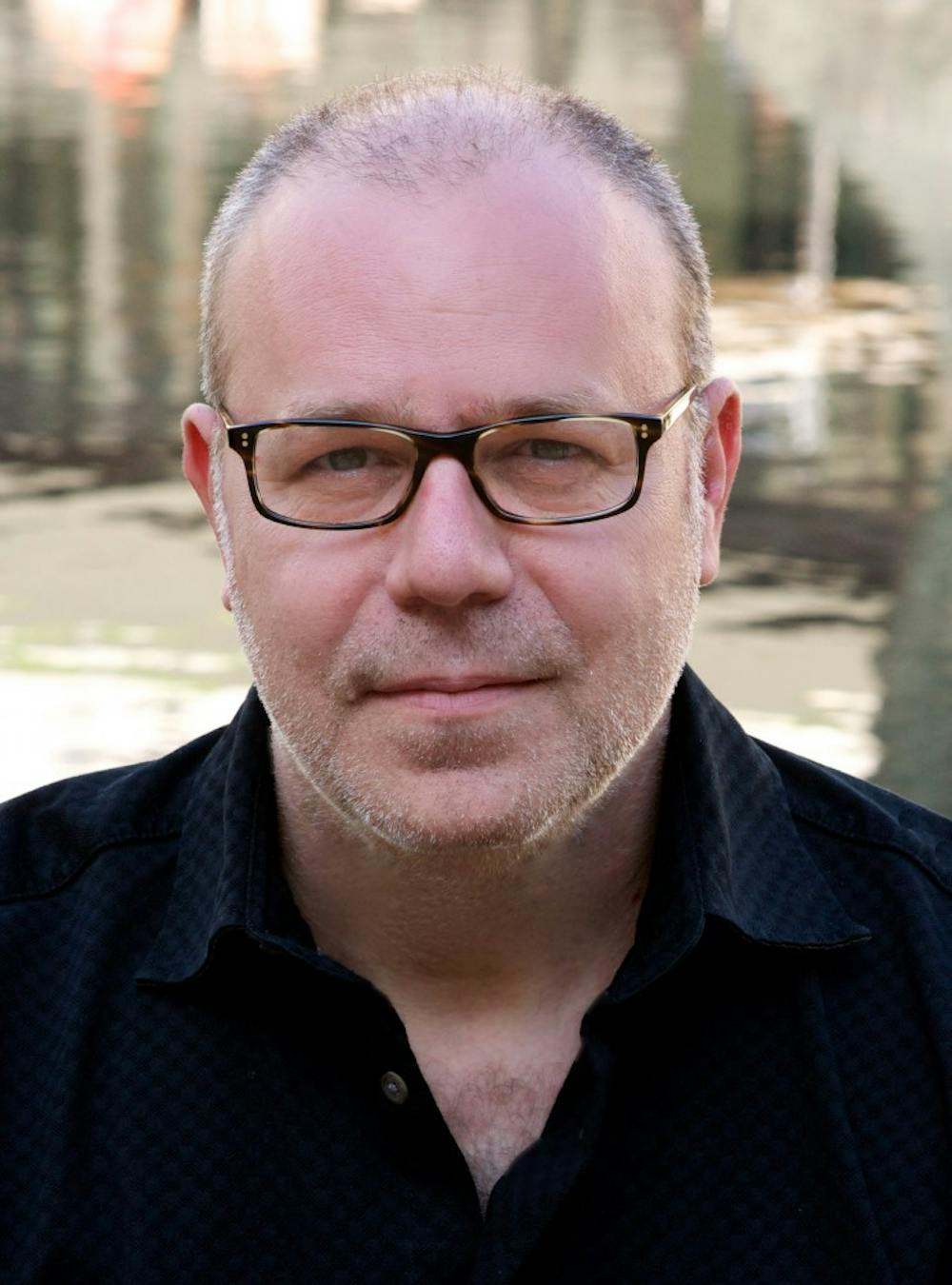Street: Do you have experience with string quartet music? Yaron Zilberman: I’ve followed this type of music since my teens, so it’s been a while. I really love the music and musicians. In particular, I tackled it as if I was a writer tackling Tolstoy – researching and following. I’m not a musician, although I played the cello for a while, but it’s a passion of mine, and once you’re obsessed with something, you get into it and gain a lot of knowledge.
Street: Did you always have the idea to make a movie like this? YZ: I wanted to talk about the family dynamic and a string quartet was just a natural fit for me to tell it in a fresh way. Normally, you take family and do drama or place it in a crime family––a mafia family––so I chose a string quartet story.
Street: What was it like making the transition from nonfiction documentary work to a feature-length drama? YZ: It’s a major leap. When you do a documentary, you document real people and it’s about the relationship you develop with these people portraying themselves. You have a sense of where you’re gonna lead the story and then you let it just happen. In a fiction film, it’s about the actors almost owning the characters, and then you watch that unfold. Otherwise, you’re telling a story in both. The editing is different too, because you edit 100, 200 hours of footing into a story. For fiction, you write the story with the script.
Street: How did you attract such unbelievable actors to the project? YZ: The script is a blueprint of what we’re gonna do and it must attract the actor. They’re in huge demand and have to choose one out of however many thousands of scripts they get. It has to get matched with what they want to do in their career in that moment. When they meet with you, you have to arrive with some kind of convincing, researched approach. I had how we would shoot the music scenes all planned out.
Street: Did you have any actors in mind when writing the script, or was it just a match? YZ: I worked on the script as if it was my vision of people. Naturally, as you start to do it, ideas of actors emerge––fantasies––and some of them were my fantasies and others weren’t at the time but became my fantatsies.
Street: How did you work with the actors to pull out chemistry? YZ: They had to learn the works of string quartets and the instruments together. I introduced them to [New York’s] Brentano String Quartet, who did the music for the movie. They all respected each other, which made a connection on a subconscious level before even working together.
Street: Did the actors themselves do any playing? YZ: The music is the Brentano String Quartet, but you see them really playing music––it’s just not what you hear. Like lip–synching, but to perfection. They memorized certain parts of the motions of the Brentano Quartet and synched it up to perfection with different angles. It’s like a scientific approach to it in a way.
Street: How much did the script, which you co-write, adapt while filming, or was it set in stone? YZ: Whenever I felt there was resentment from the actors in terms of feeling close to the action, I adjusted. I rarely insisted on a particular action. We talked about it and found solutions. The more the actor becomes the character throughout the process of filming, the more they know about what they’re gonna do. Although you’ve envisioned it, you’ve gotta respect the character, in a way. The character can turn against you, so to speak, as a writer. And occasionally you have improvisation––a slap becomes a punch, that kind of thing.
Street: Are you open to directing someone else’s words? YZ: I wouldn’t predict that’s what’s gonna happen, but if the right story comes along…I was already offered a couple of things and they didn’t feel right. Passion is everything in this business.

